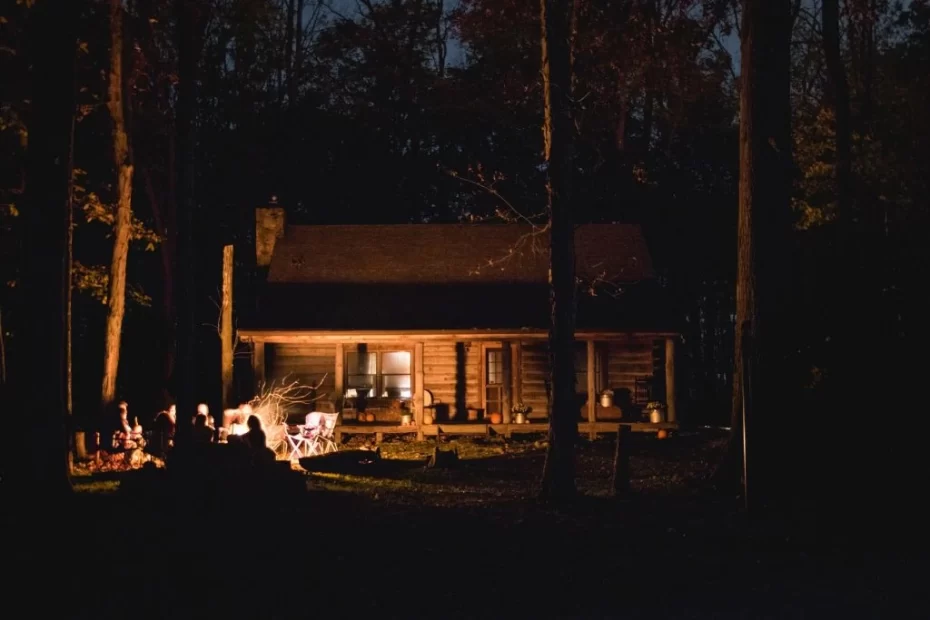At home, with their families is likely where the majority of people will want to be when a disaster strike. Especially at the beginning of a crisis being at home, helping members of your family get there and laying low, is what you will want to do.
This is of course assuming your home does not get compromised by the disaster. If your house is on fire or threatened by a tsunami, etc. you need to get out of there asap. But even if there are no imminent dangers, circumstances might make your home less ideally suited in the long term. It will always pay off to have multiple locations available that you can go to. For example, during the Lockdown in March 2020 quite a few people that I know took their families back to their relatives or parents places in rural areas. Life continued there more unimpeded than in the cities and people even went hunting and fishing there, sourcing their food locally.
“When SHTF I just go into the bush…”
What I personally think is a bad idea however is having a “bug out location” far away or even illegally located on public land somewhere. First of all, during a crisis it will be hard to get there anyway. Remember how a lot of DOC huts got checked for people trying to self-isolate there. Also, there were check points and you were not allowed to go anywhere. But even if there are no restrictions in place, a lot of other people will likely have the same idea in case of a disaster. And suddenly that remote and lonely block of bush will not be as remote and lonely as it used to be. Many of the people there will be having firearms and try to hunt for their food, increasing the danger. Things might be different if your bug out location is on a friends or relatives private land, getting there still could be difficult though.
What are your surroundings?
The question how you will act in case of a disaster also depends on where you are located and what your surroundings look like. Your Neighbourhood will have to have a great influence on your preparation to any disaster. Assuming there is a disaster that disrupts the food supply, would you rather be in a tightly packed poor area with a lot of gang activity, or rather somewhere with a lot of lifestyle sections and sheep? If you live near the beach and there is an earthquake your disaster response will be different from when you live on a mountain. The same goes for rivers and floods, volcanoes that erupt and dry areas with wildfire hazards. Do you live close to a major city or somewhere remote? In case of a major disaster would there potentially be a lot of refugees coming your way?
What are your circumstances?
Are there many people at your place? How big is your family and at what age are its members? Children and teenagers will be hard to deal with during a disaster, especially when they don’t yet understand what’s going on. The same goes for adult family members that think that emergency preparation is a stupid thing. Nevertheless, they will gladly help consume your emergency food if the need arises.
The way your daily routine is being practiced also has big influence on your emergency preparations. If you spend 40+ hours a week at your office it is likely that any unforeseen disaster would strike while you are at work. The same goes for any children that might be at school. Do you have close friends or relatives nearby that would either come to your place or offer you to stay at theirs?
